Summary
- KLM has grounded five Embraer E195-E2s due to engine issues, including two parked at Enschede Airport and three grounded in Amsterdam.
- Pratt & Whitney’s GTF engines have caused disruptions for A220, A320neo, and E2 operators.
- 89 airlines, including IndiGo, Delta, and Volaris, use PW1000G engines, many of which have faced significant disruption.
Engine issues affecting the Embraer E2 series have forced KLM to ground part of its E195-E2 fleet. According to local media, the airline initially sent two examples for storage at Enschede’s Twente Airport (ENS).
Looking at ch-aviation data, it seems clear that the carrier has three more grounded at Amsterdam’s Schiphol Airport (AMS).
Problems with Pratt & Whitney’s Geared Turbofan (GTF) engines have caused mayhem for Airbus A220, some A320neo operators, and E2 operators to a lesser yet significant degree.
The KLM E195-E2s
Regional subsidiary KLM Cityhopper operates all the E195-E2s flying with KLM. Per luchtvaartnieuws.nl, the latest engine concerns are separate from the initial teething issues. The Dutch news site also noted that maintenance was anticipated further down the line, but the engine manufacturer reportedly brought it forward.
Photo: KLM
Meanwhile, Aerobuzz.de reports that KLM is simply parking the aircraft to use their engines as replacements. The report says that due to a worldwide engine shortage of PW1900G-GTF turbofans coupled with the premature necessity of extensive inspections, KLM Cityhopper was forced to ground two of its planes.
The report does not explain why an additional three have been grounded at AMS, although this could potentially be to fit the replacement engines sourced from the initial two examples parked at Enschede.
Simple Flying has contacted KLM and Pratt & Whitney for comment and clarification. We will update this article with any response.
KLM Cityhopper operates 18 Embraer E195-E2s, with a further eight on order. The aircraft grounded are registered as follows:
- PH-NXA (sent to ENS on June 11)
- PH-NXD (sent to ENS on June 11)
- PH-NXG (grounded in AMS since May 19)
- PH-NXH (grounded in AMS since February 6)
- PH-NXJ (grounded in AMS since May 26)
Photo: ThaKlein | Shutterstock
It is unclear whether the engine troubles affected the three aircraft grounded at AMS.
GTF engine issues
GTF engine issues were uncovered in July 2023 and announced by P&W’s parent company, RTX. It later became clear that hundreds of engines would need to be removed and inspected worldwide, affecting the A320neo, A220, and Embraer E2 fleets. In September last year, RTX CEO Greg Hayes told analysts:
“To be clear, this latest disruption from the powdered metal contamination is frustrating, and will have a significant impact on our customers, on our partners and on RTX.”
“Still, we are proactively managing this every day by dedicating all the resources needed to ensure that we address this issue in the best possible manner for our customers, our partners, the company and our shareowners.”
Approximately 600 to 700 engines were expected to be affected worldwide by defects due to the powdered metal used to make some engine components. The manufacturer revised its predictions in January, noting that while it expected the height of disruption to occur during the first quarter of this year, it would be “a lower peak level than previously anticipated.”
Other airlines
According to ch-aviation data, eighty-nine airlines operate aircraft that use the PW1000G engine family. The airlines with the largest fleet of aircraft using the engines are listed below. Many of these have already suffered disruption due to the defects.
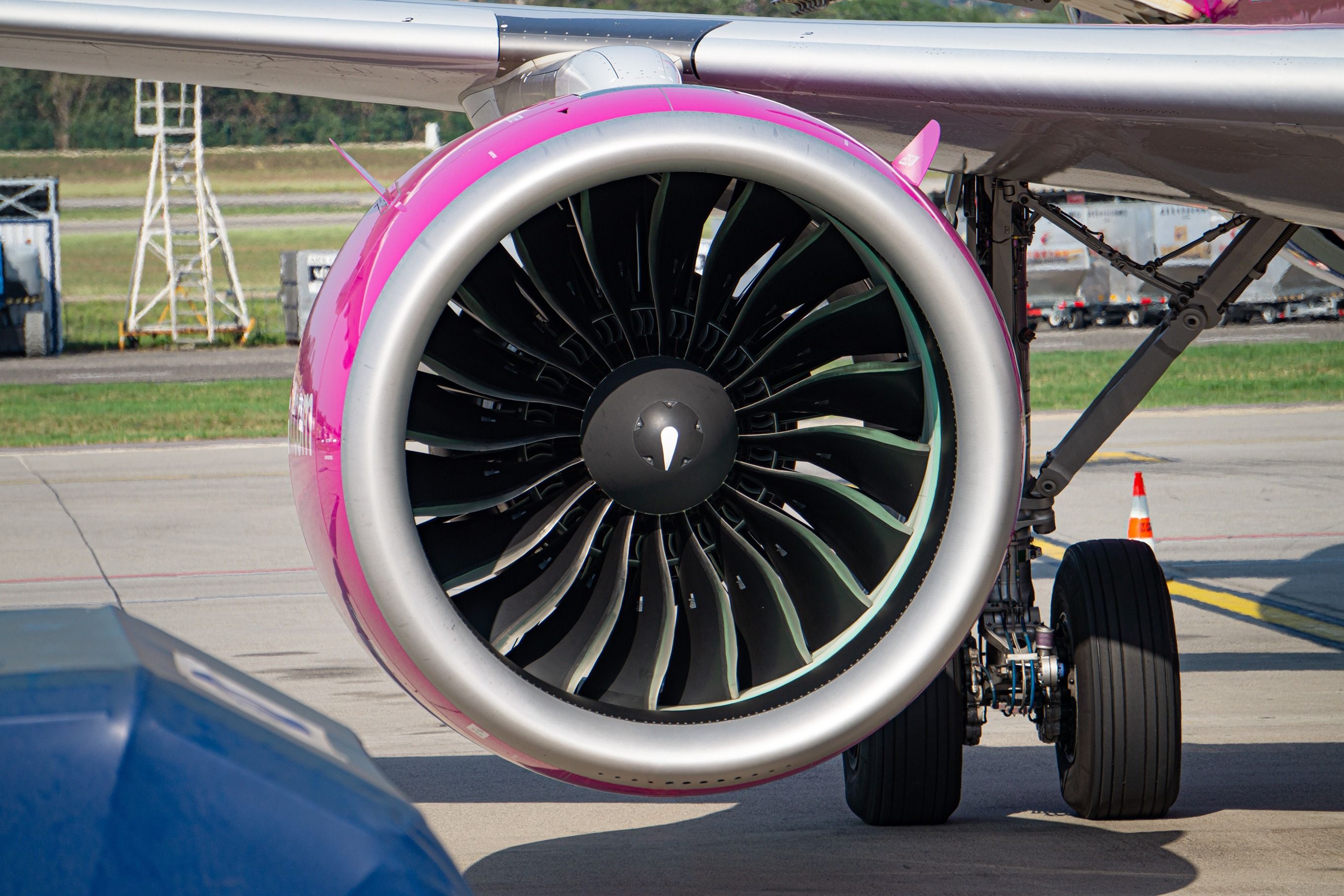
Related
100 Days: MTU Aero Engines Targets Faster Fix On Pratt & Whitney GTF
Some airlines, including Volaris, Turkish Airlines, and Lufthansa, have had to slash capacity with the Airbus A320neo/A321neo.
Turkish Airlines and JetBlue also have notable fleets of A320neos using the PW1000Gs, with 67 and 66, respectively.
Photo: Adomas Daunoravicius/Shutterstock
The airlines with the largest fleet of Embraer E2s that could be affected by the engine problems include:
|
Airline |
Number of aircraft with affected engines |
|
Porter Airlines Canada |
34 |
|
Azul Linhas Aéreas Brasileiras |
20 |
|
KLM Cityhopper |
18 |
|
Helvetic Airways |
12 |
|
Binter Canarias |
10 |
What do you make of this? Let us know in the comments below.

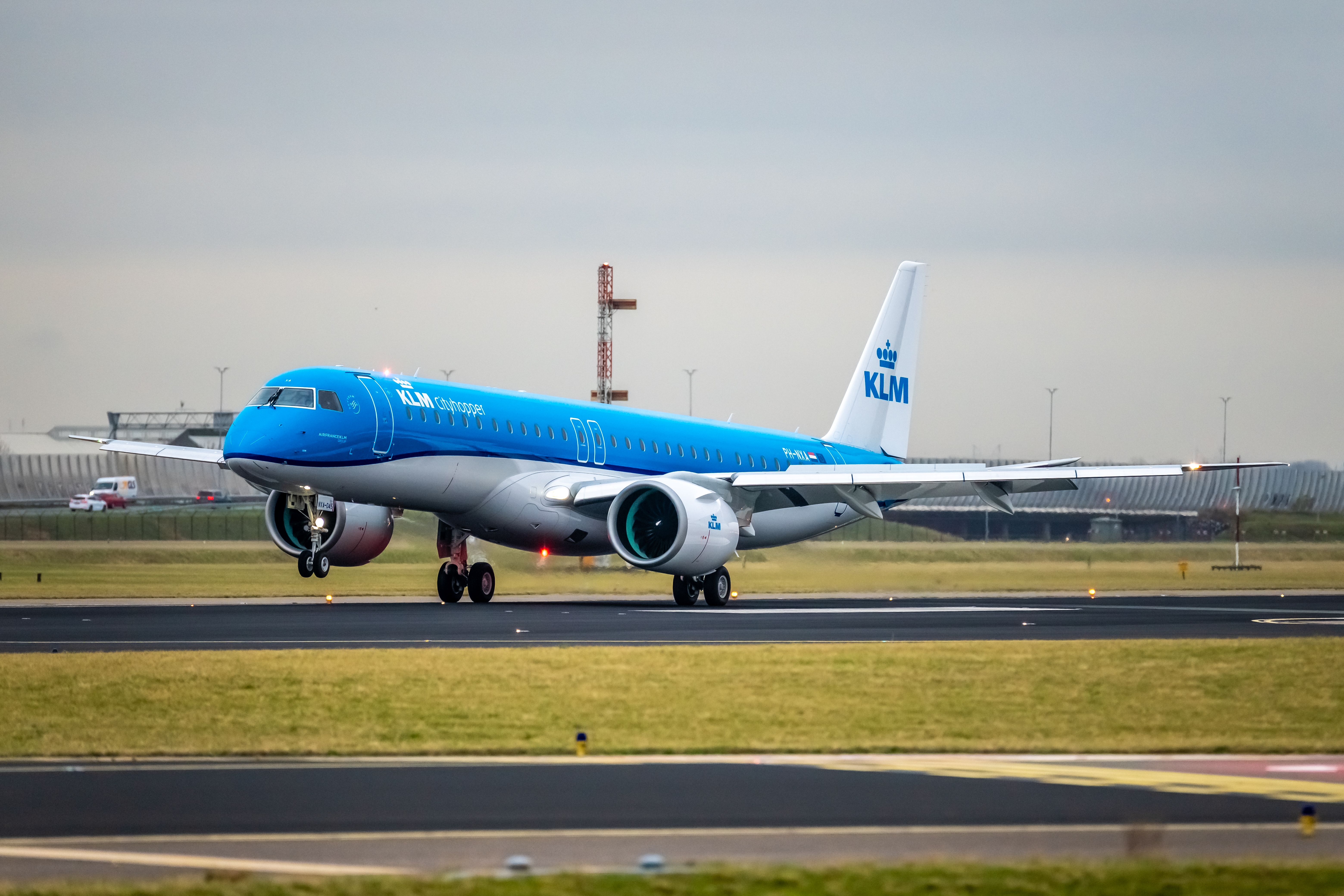
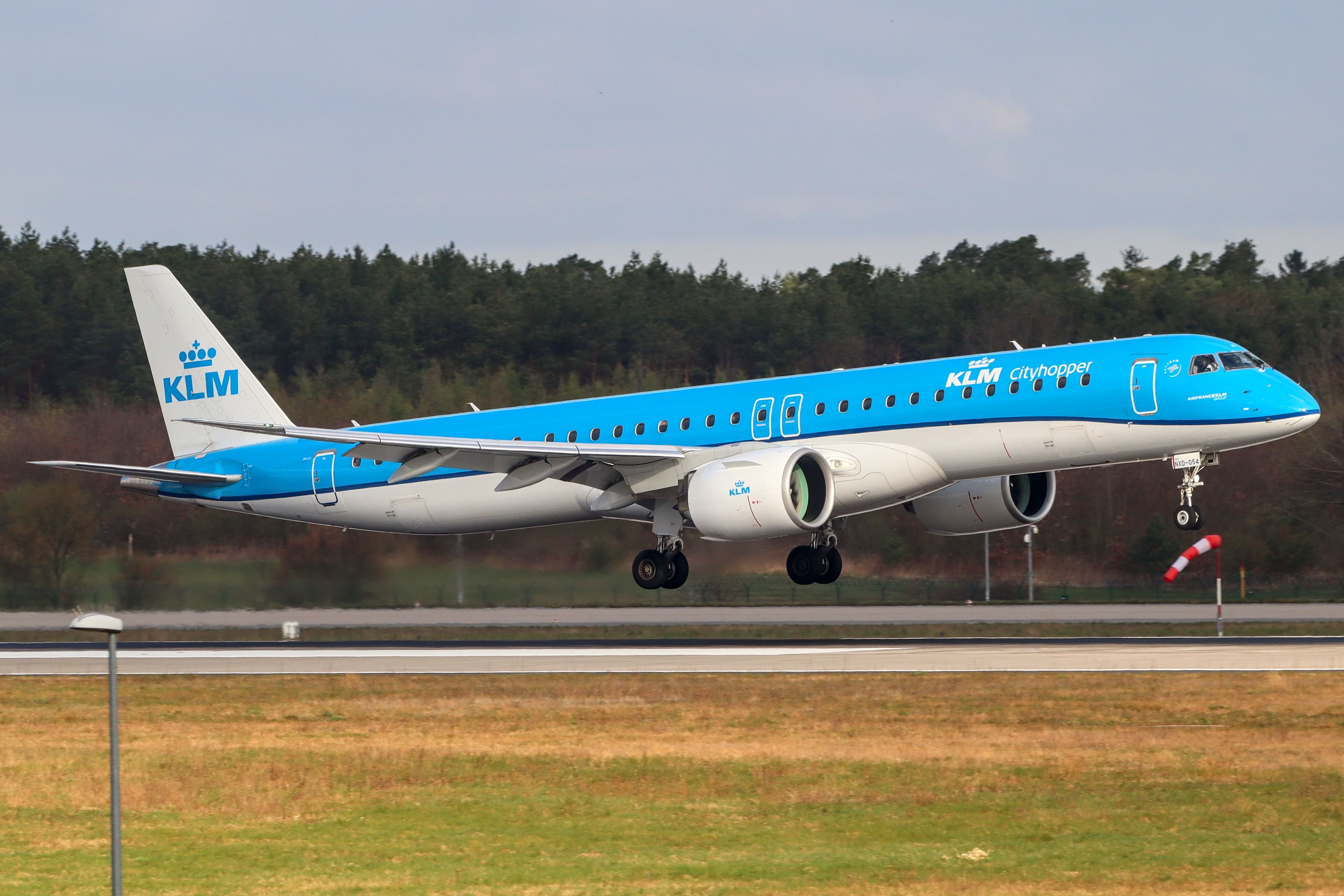
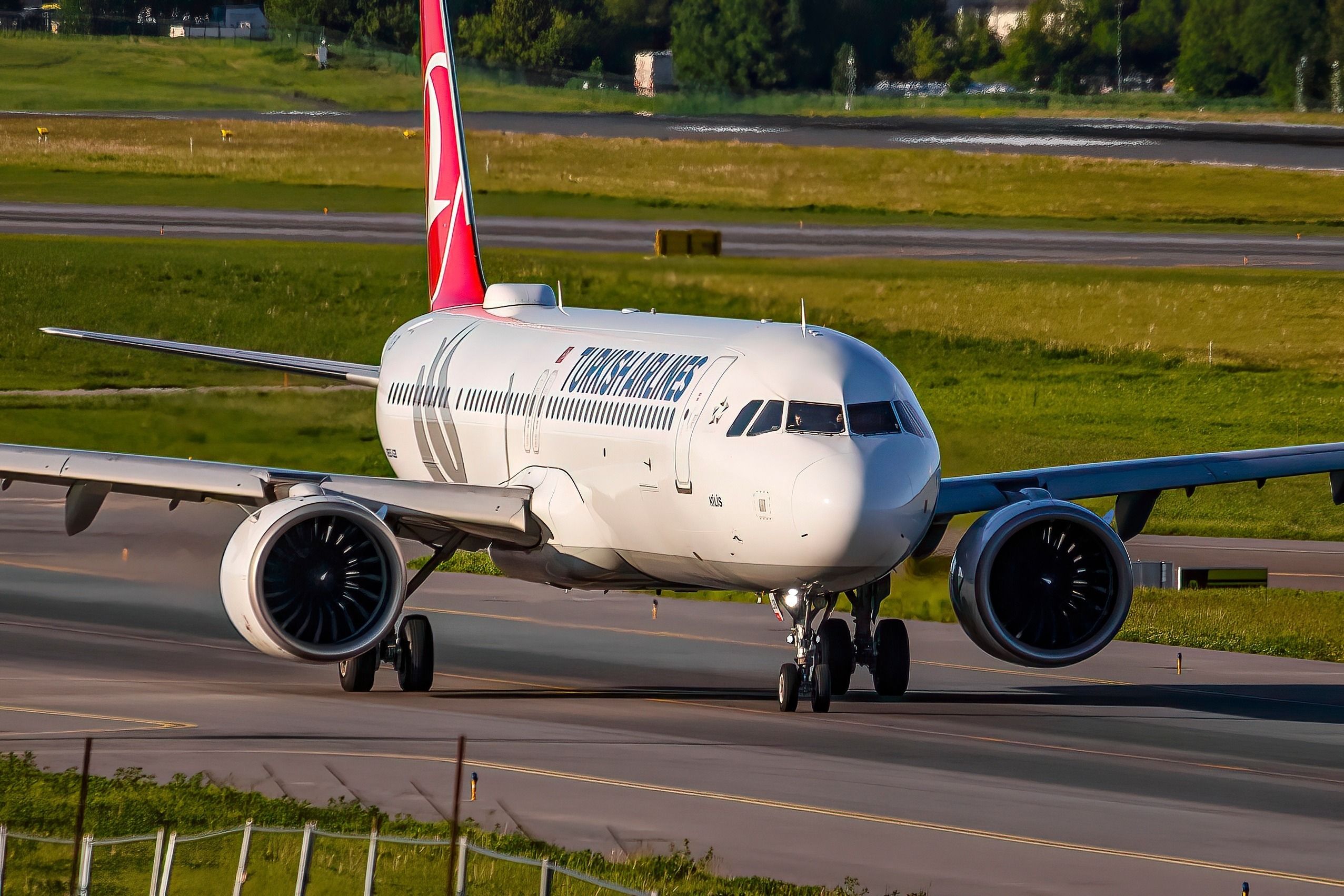
.jpg)
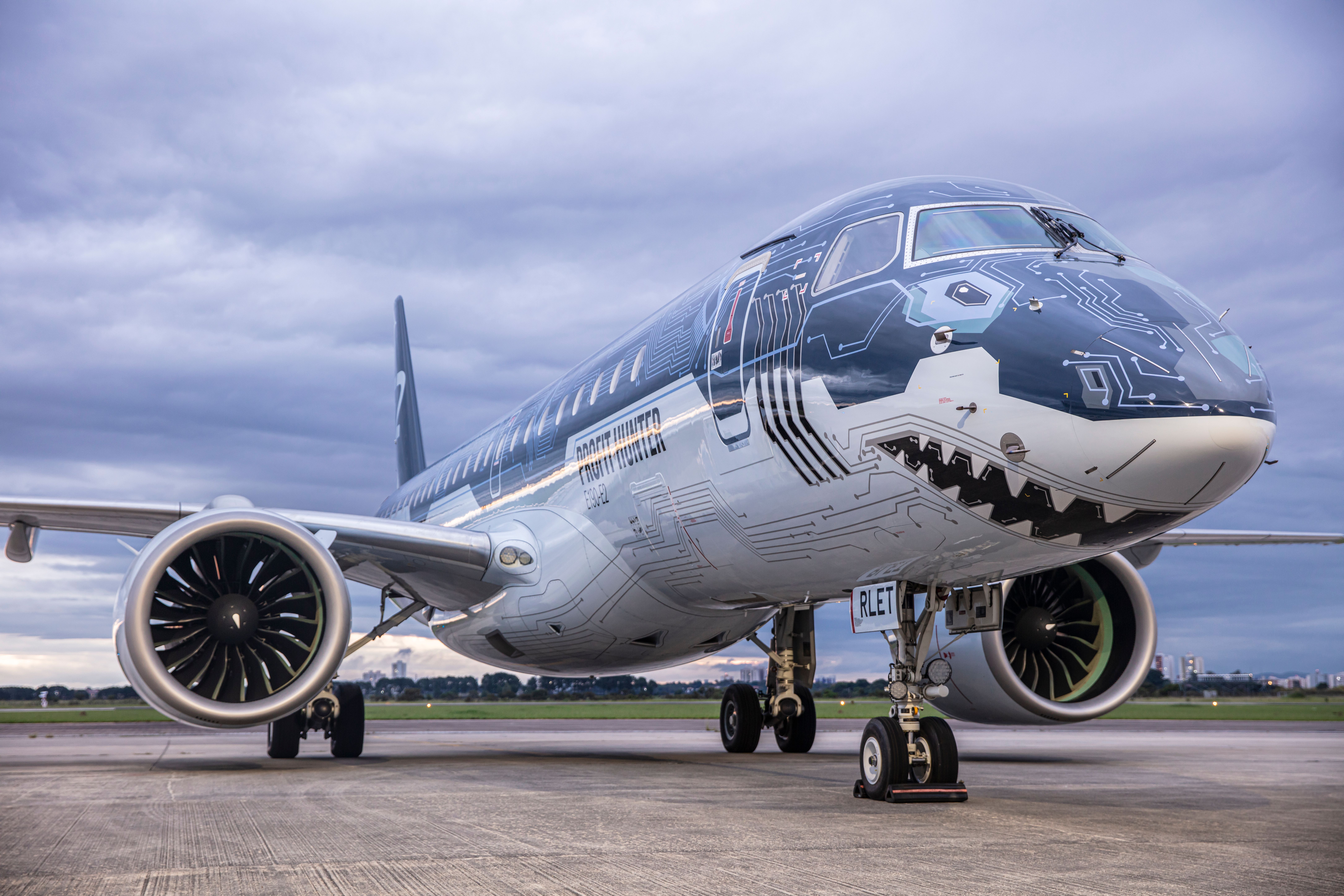
.jpg)